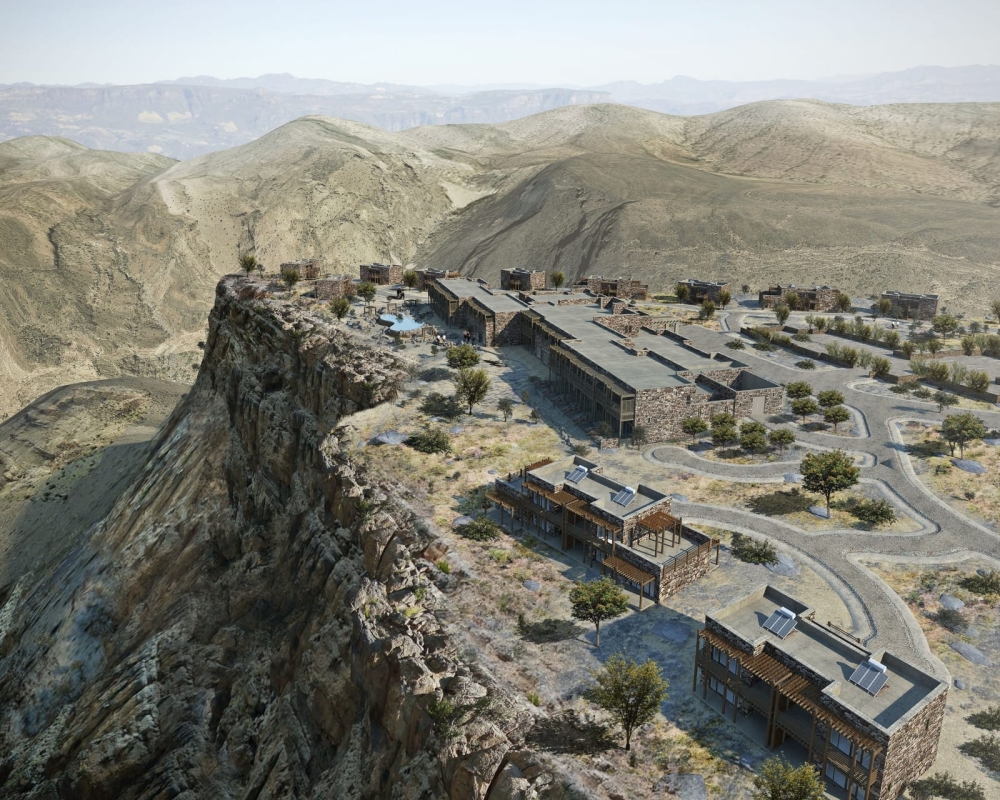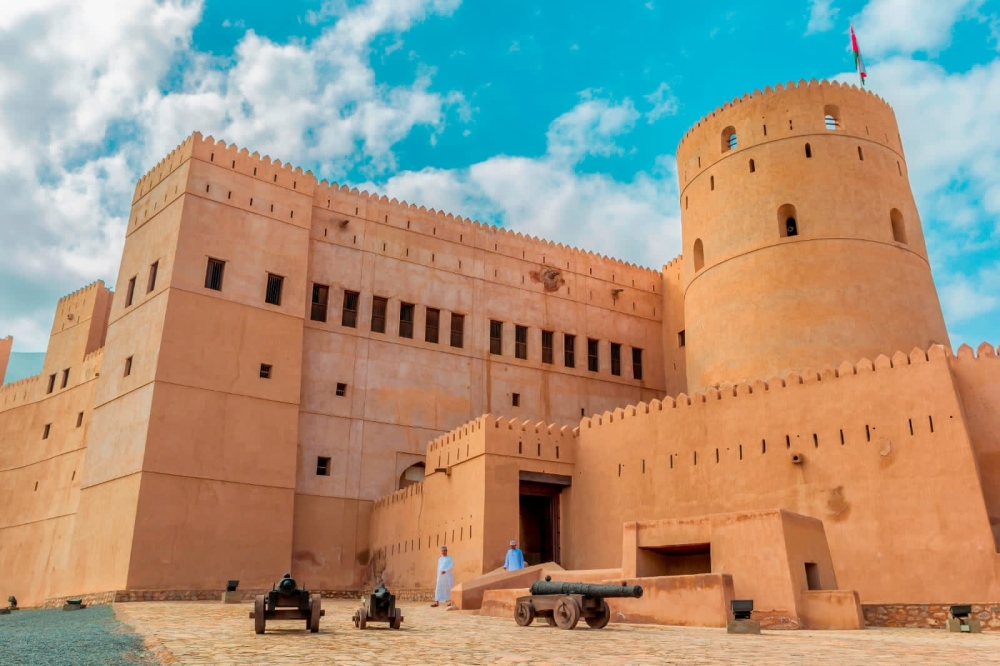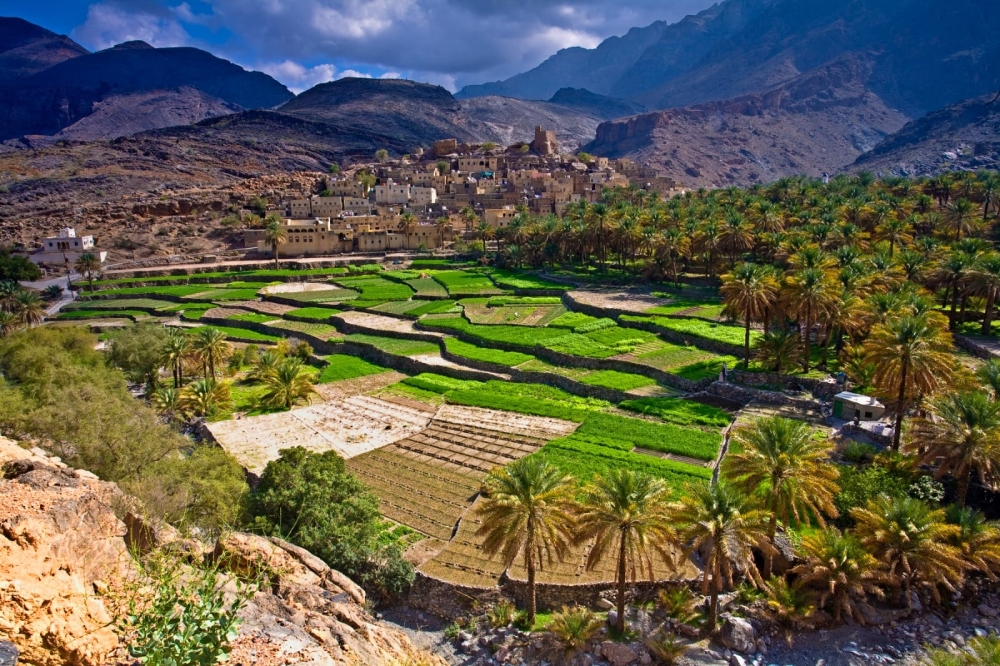

MUSCAT: The new Tourism Law promulgated by Royal Decree 69/2023 defined the role of the Ministry of Tourism in the growth of tourism sector and organization of tourist and hospitality installations.
The Tourism Law, which falls in five chapters with 21 articles, allows for a bigger growth of the tourism sector through the discovery of new exploitable tourist sites as per the competitive advantages of the governorates.
Article (1) dealt with the enforcement of the Tourism Law in terms of the wording and phrases peculiar to tourism. Article (2) criminalizes any action that violates the laws, public order or undermines community safety or the stability of the country, infringes the environment or harms the image of tourism in the Sultanate of Oman.
The third article states that the Ministry of Tourism is the body that determines the fees paid against the services provided by the ministry in enforcement of the provisions of this law after the approval of the Ministry of Finance. The fourth article touches on the employees who are entrusted, by the competent authority and the minister, to enforce the provisions of this Law.
According to Article (5) of the Tourism Law, stakeholders are permitted to lodge a complaint to the Minister against any decision issued on the basis of this law and its executive regulations and decisions thereof, explaining the reasons for the grievance, and attaching the supporting documents. A complaint should be filed within 60 days from the date of the notification of the decision. A decision to accept or reject the complaint should be taken within 30 days of the date of its submission and that should be a final decision.

According to Article Six of the law, any natural or legal person is permitted to benefit, exploit, rent, operate, or manage any tourist site, or government tourist land or part thereof after obtaining an approval from the Ministry of Heritage and Tourism. The Ministry shall be responsible for signing executive contracts as stipulated by the regulation.
Article (7) stipulates that the Ministry of Heritage and Tourism should coordinate with the relevant authorities to identify and classify tourist sites in the Sultanate of Oman as well as follow up and explore new potential tourism sites. The ministry oversees the exploitation and regulation of the designated tourist sites.
Article (8) states that no natural or legal person may practice any tourism activity unless after obtaining the required permit from the Ministry of Heritage and Tourism. The regulations specify the types of licenses, conditions, and the procedures for obtaining them. Foreign tourism companies are permitted to set up branches or offices in the Sultanate of Oman after obtaining a license from the Ministry as stipulated by the regulations.
As per Article (9), no natural or legal person may operate or manage tourist or hotel facilities except after obtaining a license from the Ministry of Heritage and Tourism as the regulations specify the conditions and procedures required for obtaining a license.

Article (10) states that a licensee is not allowed to waiver a permit to a third party except with a prior approval from the Ministry in accordance with the procedures and controls set forth by the regulations.
Article (11) clarifies that the licensed hotel establishments should adhere to the standards set by the Ministry. Article (12 B) stipulates that the tourist and hotel establishments should be classified into levels or types including restaurants and tourist cafes.
Article (13) stipulates that the relevant government units, the licensed tourist and hotel establishments and any other similar entity operating in the tourism sector, should provide the Ministry with statistics on the number of guests and revenues on a regular basis in addition to any other data requested by the Ministry.
Article (14) of the law states that it is prohibited for tourist and hotel establishments to conceal their classification in an attempt to promote a higher rank of tourist or hotel classification.
Article (15) states that the penalties stipulated in this law are without prejudice to any severer penalty stipulated by another law.
Article (16) states that a legal person should be sentenced to a fine that is twice the maximum fine set forth by this law, if a crime was committed under his name or his favor by the chairman or a member of his board of directors.
Article (17) states that whoever violates Articles (2), (6), (8) and (9) of this law should be punished by imprisonment for a period between 10 days and 6 six months and a fine between RO 6,000 and RO 50,000 or either of the two punishments. The penalty should be doubled in a repeated violation.
Article (18) states that whoever violates Articles (10) and (13) of this law should be sentenced to a fine between RO 3,000 and RO 6,000. Violations to Articles (11) and (14) of this law invite a fine between RO 1,000 and RO 4,000. In all cases, the penalty should be increased two-fold in a repeated violation.
Article (19) allows the Minister to impose administrative penalties in the regulations for fines that do not exceed RO 6,000.
Article (20) of the law gives the Ministry the right to issue decisions to stop or remove any encroachment on tourist sites, and government tourist lands. — ONA
Oman Observer is now on the WhatsApp channel. Click here



